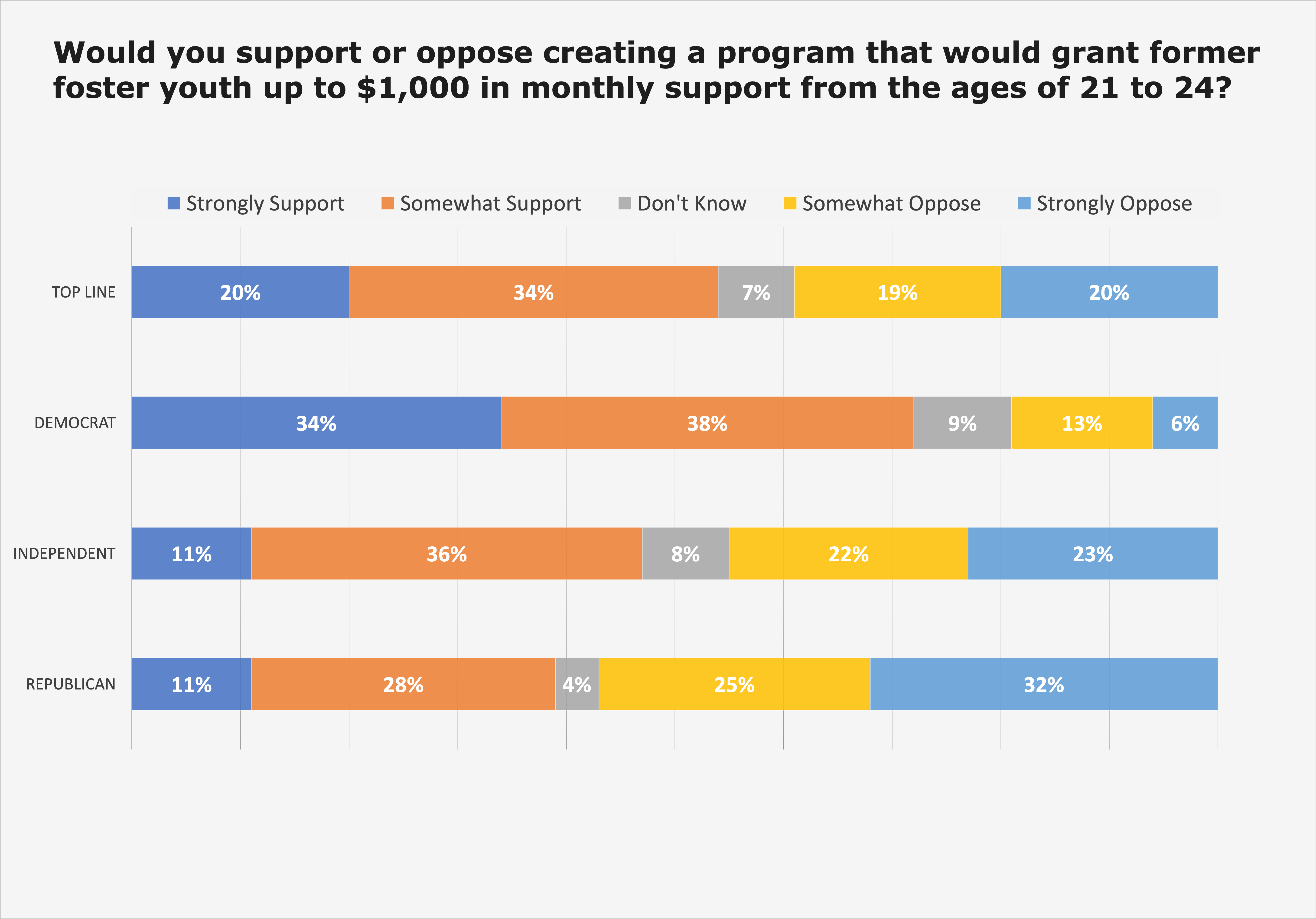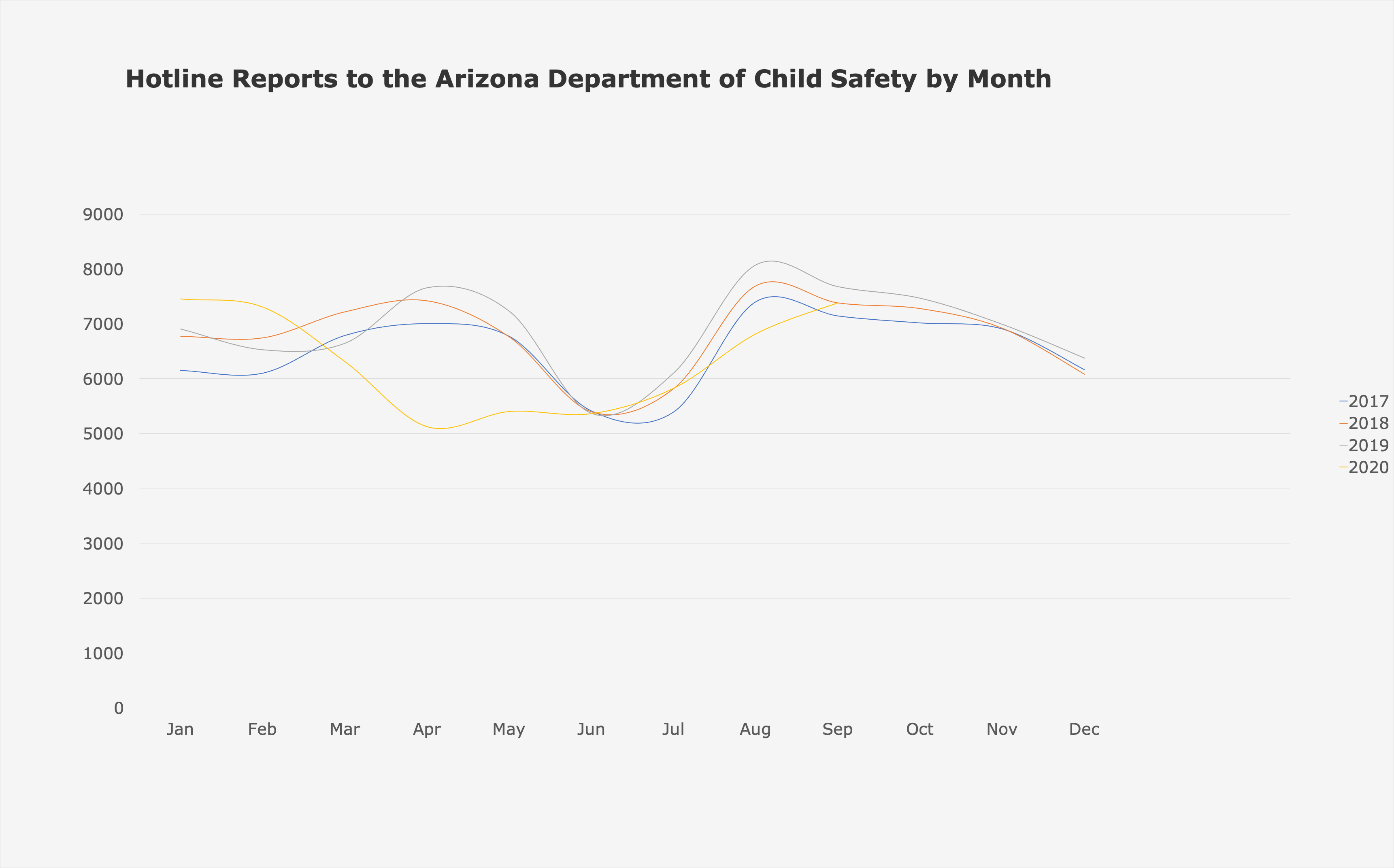#ReleaseTheFunds: Make sure pandemic relief intended for foster youth gets to foster youth!
Young people who have aged-out of foster care were at high risk for experiencing homelessness, unemployment, food instability and other negative outcomes prior to the pandemic, and COVID-19 has heightened their vulnerability. Even as conditions begin to improve in Arizona, the recovery tail will be longer for these young people who don’t have family to support them as they try to regroup, recoup, and reengage in school and work.
Help has arrived and is sitting at the Department of Child Safety. DCS has almost $10.5M for pandemic relief for older and former foster youth. But, to date, DCS has distributed just $500,000 to young people. Slowed down by a cumbersome, individualized, needs-based process, DCS has had trouble getting the money out the door. DCS plans to have a community-based agency take over the process but getting that partnership in place is also moving slowly. In the meantime, three weeks and counting have gone by without any way for young people to submit applications for the funds. And for most young people, time is of the essence. Eligibility for the funds was expanded to include young people ages 21 through 26, but only until September 30th.
Fostering Advocates Arizona (FAAZ), a group of policy advocates with lived experience in foster care, is calling on DCS to use the funds to provide every young person who aged out of foster care with a $500 no-strings-attached payment. Stimulus checks are the fastest and fairest way to get the funds to foster youth who need help now to pay for rent, groceries, and other necessities. The FAAZ $500 request is supported by federal guidance which encourages states to use at least a portion of the funds for direct stimulus-style relief:
“In the past year, CB [Children’s Bureau] has heard from many young people who are in or were in foster care that they have not benefited from other COVID-19 relief assistance, such as stimulus payments or unemployment insurance. Therefore, CB urges all child welfare agencies receiving the additional Chafee grant to consider using at least a portion of the funds to facilitate quick and streamlined access to direct financial support for youth who were or are in foster care.”
But so far, DCS is saying “no” to stimulus checks. Instead, it is saying yes to pilot programs and other purposes, allocating less than half of the $10.5M to direct financial supports to young people.
Sign this petition and join FAAZ in urging Governor Ducey and DCS Director Mike Faust to #ReleaseTheFunds by providing a $500 stimulus to check to every young person age 18 through 26 who has aged out of foster care in Arizona.




